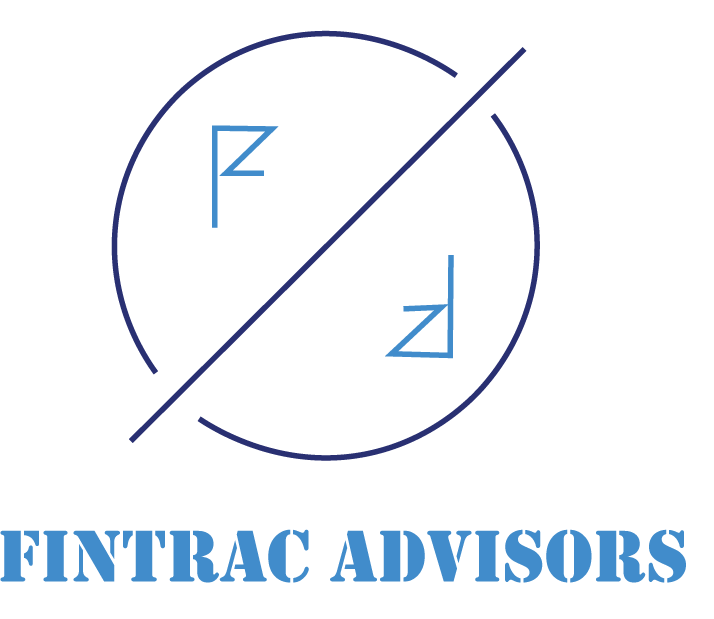The United Arab Emirates: Formation and Evolving Economy

Arijit Bhattacharjee
Arijit Bhattacharjee is a qualified Chartered Accountant, (ICAI) . He is also an affiliate member of the Chartered Institute of Taxation, UK (CIOT, UK) .
Currently he is one of the faculties of the UAE Corporate Tax Certificate Course conducted by
ICAI Dubai and Abu Dhabi, UAE Chapters
He is currently heading the tax profile of a large Family Office based out of Abu Dhabi, UAE.
The United Arab Emirates (UAE) is a modern hub of commerce and innovation, built on a rich history and a forward-thinking economic strategy. Below is an overview of the UAE’s formation, macroeconomic structure, legal framework, taxation policies, and its ongoing journey toward economic diversification.
The Birth of the UAE
The UAE’s formation was closely tied to the end of British protection agreements with the Trucial States. While Bahrain and Qatar opted for independence in mid-1971, six emirates—Abu Dhabi, Ajman, Dubai, Fujairah, Sharjah, and Umm Al Quwain—came together on December 2, 1971, to establish the United Arab Emirates. Ras Al Khaimah joined on January 10, 1972.
Integration into Global Systems
- Federal National Council (FNC): Formed in February 1972, the FNC is an advisory body comprising 40 members selected by the emirate rulers.
- International Memberships: The UAE joined the Arab League on December 6, 1971, and the United Nations on December 9, 1971. In 1981, it co-founded the Gulf Cooperation Council (GCC), hosting its inaugural summit in Abu Dhabi.
Macroeconomic Landscape
The UAE’s economy has grown from its oil-dependent roots into a diversified and robust financial hub.
Role of Oil and Gas
Oil and gas still play a significant role, contributing around 30% to GDP and 13% of total exports. The UAE is investing in unconventional gas resources to enhance its energy portfolio.
Non-Oil Sectors
Economic diversification is evident in the increasing contributions of non-oil industries:
- Trade: Accounts for 16.1% of non-oil GDP, making it the largest contributor.
- Manufacturing: Contributes 14.6% of non-oil GDP.
- Finance and Insurance: Represents 13.4%.
- Construction and Real Estate: Add 11.8% and 7.1%, respectively.
Legal and Business Environment
Legal Framework
The UAE operates under a dual legal system which integrates civil law and Sharia principles. Federal laws apply nationwide, but emirates have the authority to enact additional regulations.
Business Licensing and Free Zones
The UAE’s business-friendly environment is supported by two primary systems:
- Mainland Businesses: Require licensing through the Department of Economic Development (DED) of each emirate.
- Free Zones:
- Over 40 specialized zones like Jebel Ali Free Zone and Dubai Internet City.
- Permit 100% foreign ownership, offer tax exemptions for up to 50 years, and provide streamlined regulatory processes.
- However, free zone businesses face restrictions on operating outside their designated areas.
Foreign Ownership Policies
While mainland businesses have some restrictions on foreign ownership, free zones allow complete foreign ownership, fostering global investment.
Evolving Taxation System
Once renowned as a tax haven, the UAE has transitioned to a structured taxation system while maintaining competitive rates.
Corporate Tax (Introduced in 2023)
- 9% tax on profits exceeding AED 375,000.
- Profits below AED 375,000 are exempt.
- Sovereign entities and select industries, such as natural resources, are also exempt.
Value-Added Tax (VAT)
- VAT was introduced in 2018 at a rate of 5% on most goods and services.
Excise and Customs Duties
- Excise tax applies to specific goods, including tobacco and sugary drinks.
- Import duties are generally set at 5%, with exemptions for businesses operating within free trade zones.
Individual Taxation
- No personal income tax.
- No capital gains or inheritance tax under certain conditions.
Compliance and Incentives
Taxpayers must comply with registration and reporting requirements for corporate tax and VAT. Initiatives like the Tourist VAT Refund Scheme enhance appeal to visitors and investors alike.
Labour Policies and Economic Initiatives
Labour laws in the UAE emphasize fair practices through systems like the Wage Protection System (WPS) and Emiratization, encouraging employment of Emirati nationals in the private sector.
International Cooperation
The UAE is part of numerous global agreements, such as the Comprehensive Economic Partnership Agreements (CEPA) and the OECD’s Base Erosion and Profit Shifting (BEPS) initiative.
Vision for the Future
The UAE is reducing reliance on oil and gas by prioritizing sectors like technology, tourism, and finance, reflecting its ambition to become a leader in global innovation and economic sustainability.
Conclusion
From its inception as a federation of emirates to its position as a global economic leader, the UAE exemplifies progress driven by visionary leadership. Its ability to embrace change—whether through legal reforms, taxation policies, or economic diversification—ensures it remains at the forefront of global development.
Disclaimer by Author
The contents are only a high-level commentary on tax and related regulations in the UAE. This is neither an opinion nor advice. Also, these may not be subject to conditions that must be considered for decision-making purposes. It is recommended that advice is taken from experts or academicians if any business decision or practical implications are to be addressed. The write-up may broadly reflect the law as it stands on a date, however there may be inadvertent inaccuracy. Readers discretion is advised
Disclaimer
The content published on this blog is for informational purposes only. The opinions expressed here are solely those of the respective authors and do not necessarily reflect the views of Fintrac Advisors. We make no warranties about the completeness, reliability, and accuracy of this information. Any action you take based on the information presented on this blog is strictly at your own risk, and we will not be liable for any losses and damages in connection with the use of our blog. We recommend seeking professional expertise for any such work. External links on our blog may lead to sites that are not under our control, and we are not responsible for the nature, content, and availability of those sites.




